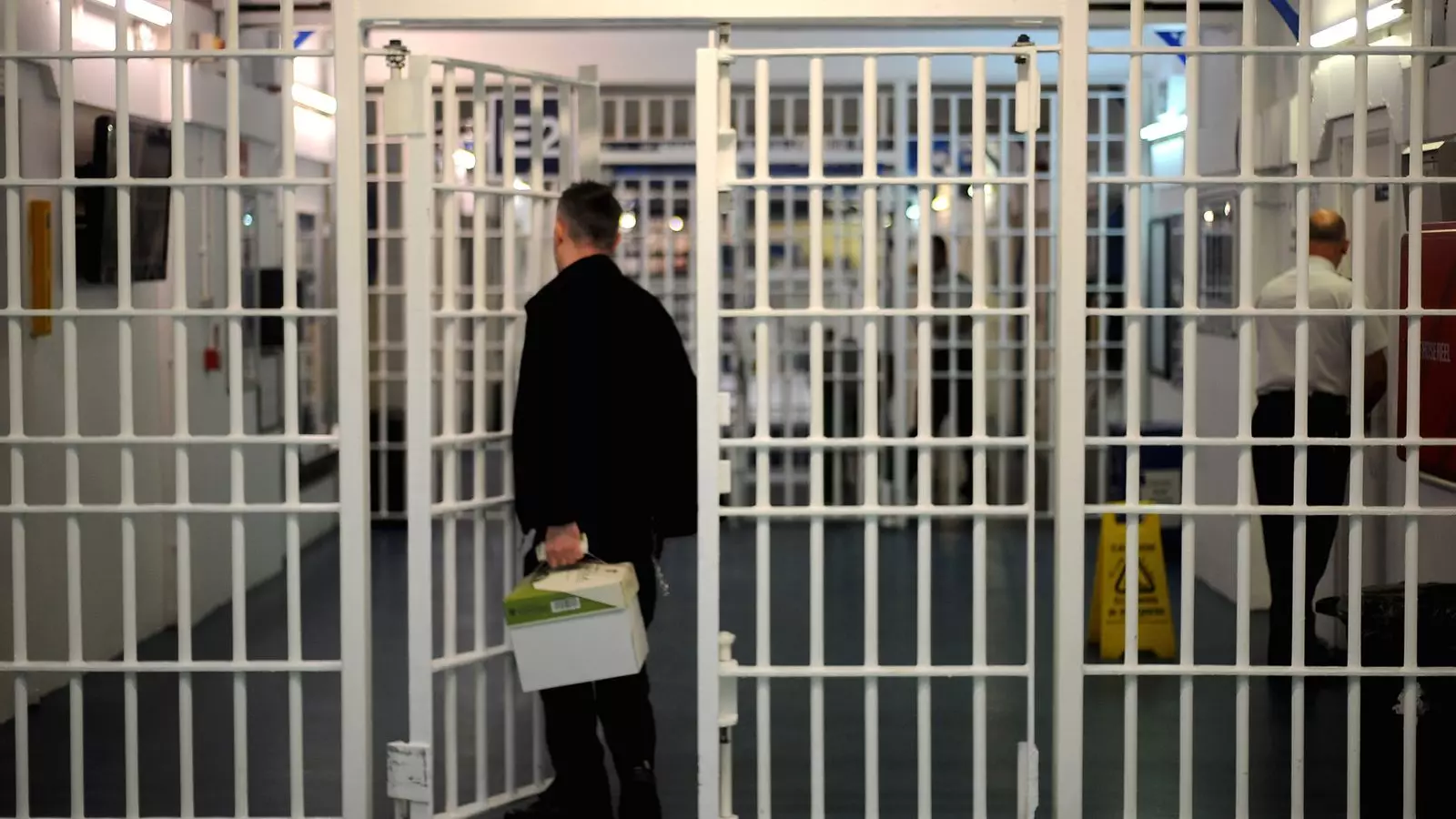As concerns mount over rampant overcrowding in UK prisons, authorities are swiftly moving into action with the anticipated initiation of Operation Early Dawn. This emergency plan is a response to a critical situation where the prison system has become overburdened, predominantly due to a surge in arrests during recent civil unrest. With nearly a thousand arrests linked to riots across the country, the justice system faces an uphill battle to handle the influx of defendants awaiting their court appearances.
The pressing nature of this situation highlights the significant flaws in the current judicial and correctional infrastructures. With the core objective to prevent overcrowding, Operation Early Dawn introduces a triaging strategy that may prove effective, at least in the short term. However, the ramifications of such a strategy raise numerous questions regarding its fairness and efficiency in the long run.
The plan essentially dictates that those waiting for trial may experience extended periods of detention in police cells, hinging on the availability of accommodations in prison facilities. Mark Fairhurst, chairman of the Prison Officers’ Association, articulated that the focus would be on prioritizing the most serious offenses, suggesting that only a select group of prisoners would be escorted to court, potentially sidelining less severe cases. While such measures strive to manage prison populations, they inadvertently risk creating an uneven judicial process, where the gravity of offenses dictates the speed of judicial proceedings.
Moreover, this plan could lead to trial delays or abrupt adjournments, compounding the stress on defendants, their families, and legal representatives. The unpredictability of court scheduling undermines the fundamental right to a timely trial, a cornerstone of justice in any democratic society. The operationalization of this emergency plan might offer a temporary respite for overcrowded facilities, but it hardly constitutes a long-term solution.
Compounding the crisis is the disheartening state of UK prisons. A recent inspection of HMP Wandsworth illustrated disarray and challenging conditions, pointing to systemic failures in leadership and management. High instances of violence and self-harm among incarcerated individuals are deemed “unacceptable,” showcasing the urgent need for reformation beyond just addressing overcrowding.
Dozens of prisoners are currently experiencing appalling living conditions, and the government’s acknowledgment of these issues calls for drastic improvements to ensure humane treatment. Addressing these deficits requires a multi-faceted approach that not only increases prison capacities but also enhances the overall environment within correctional facilities.
In tandem with the launch of Operation Early Dawn, Justice Secretary Shabana Mahmood is proposing a reduction of the requisite time served before parole eligibility—from 50% to 40%—for a portion of the inmate population. This policy is intended to release up to 5,500 individuals, which could alleviate the immediate pressures on the prison system. However, this only applies to certain offenders, thereby excluding a significant cohort—including those with violent offenses or linked to recent riots.
While the temporary measure may provide some relief, such quick fixes raise concerns regarding public safety and the potential risks posed by early releases. Furthermore, the fallout from these policies might not be fully understood until they are implemented, thereby leaving many questions unanswered about the balance between effective justice delivery and community safety.
Moving forward, it is paramount that UK authorities transcend short-term initiatives like Operation Early Dawn and instead focus on sustainable solutions that address the root causes of overcrowding. This could encompass increased investment in rehabilitation programs, alternative sentencing, and measures that prevent the initial criminal activities leading to incarceration.
A cohesive strategy that prioritizes both the needs of those within the system and the communities they will return to ultimately holds the key to reforming the justice system effectively. The gravity of the current situation calls for a reevaluation of policies and practices that weigh equity and justice against expediency and overcrowding. Only through comprehensive reform can the aspirations of a fair and just legal system be realized for all stakeholders involved.


Leave a Reply